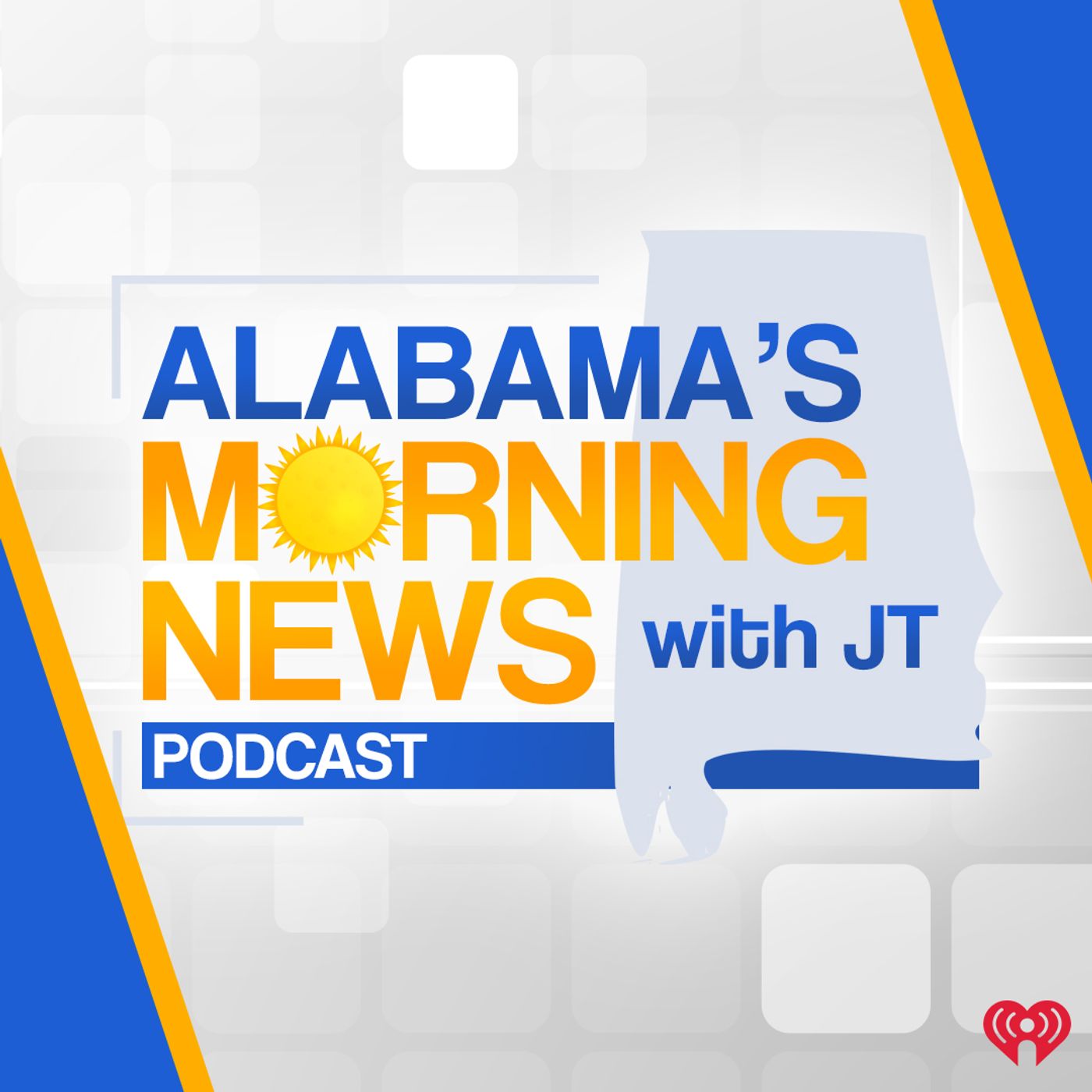Alabama's Morning News with JT
Andrew Reed covers some legal stories this week
I'm Victoria Cash, and I want to invite you to a place called Lucky Land, where you can play over a hundred social casino-style games for free for your chance to redeem some serious prizes. So what are you waiting for? The best way to discover your luck is to spin! So go to luckylandslots.com, that's luckylandslots.com, and get lucky today at Lucky Land. Every week, we like to check up on the latest things happening in the legal world, because some of these decisions do have impact in our life. Joining us now to make these things relevant to us is Attorney Andrew Reid. And Andrew, let's start off with his story about Shopify, which is a web-based payment processing platform. And I understand that in a case in the Northern District of California, that the action against them was dismissed because of a lack of jurisdiction. And that does bring up an interesting point with these platforms that are nationwide on the internet worldwide, for that matter. What court do you sue them in? And that's really what the question is all about, is where do you sue them? And so this one, bear with me because it takes a little bit to explain all this, and make sure it's simplified to an understanding because there's so many, so much legalese that goes into this, I will just say that. But this is all about jurisdiction. So where can these entities be sued? And realistically, a lot of companies set up a US entity or have a US headquarters. And if they have those, and you sue them in the locations where those particular entities or that business location is, the court says, yeah, that's where that company has agreed to be sued in the United States. They've availed themselves of that location. But in this case, Shopify has some locations where they can do some business, for example, warehouses, things of that nature, but they don't have a US headquarters. They don't have, for example, executives. They don't have a US entity. So that was the question, could they be sued in California? Or was there another jurisdiction that was proper? And the court looked at it and went, well, here, let's look at the manner of, if we put this plaintiff in another location, would the facts or the factors change? And they said, they looking at their analysis, no, it wouldn't. And therefore, they said, we don't find a place, at least in the jurisdiction where this case was filed, that it could move forward. So that's going to make it interesting for web-based businesses, and especially ones that are foreign entities that do business in the United States of, well, where can they be sued and how can they be sued? I have a feeling in this case, we'll keep going up personally to the Supreme Court and get some questions there, because it is one that there's a lot of questions of how you do this analysis and what factors come into play, especially when it's a web-based business. It may have some physical operations, but they don't rise to the level of that headquarters or executive control aspect. Andrew, let's go move on to another story here about Johnson and Johnson. As you know, they've been in a lot of trouble over these women alleging that the use of talc products has caused cancer. Now, I understand the battle. There's a plan to end the talc lawsuits. Is that going anywhere? It's one, there is a plan in place. Now, in order for it to move forward, they have to get 70% of the point is, these point of note, their families in these cases to agree for this plan. And what that plan is is for what's called a two-step bankruptcy. And a lot of states are starting to do this, a lot of few are already using this system. And that two-step is where a company that's operating like Johnson and Johnson, they can split this, situate their company into two, where one entity takes on this lawsuit settlement, the debt around that, filed for bankruptcy, clears it out, addresses it, gets the settlements, and moves forward while the operating company continues to operate and do business as it normally would without being necessarily affected by the bankruptcy. It does have some effects because of some financial obligations that go back and forth, but overall, it's a way to simplify the situation so that the operating company doesn't have to keep going back to the bankruptcy court every time they need to do some type of major business operation. Andrew, thank you so much for walking us through some relatively complicated technical legal maneuverings that do have impact on our lives. With the Lucky Land Sluts, you can get lucky just about anywhere. This is your captain speaking. We've got clear runway and the weather's fine, but we're just going to circle up here a while and get lucky. Oh no, nothing like that. It's just these cash prizes add up quick. So, I suggest you sit back, keep your tray table upright, and start getting lucky. Say for free at luckylandsluts.com. Are you feeling lucky? No purchase necessary. BGW Graboid were prohibited by law. 18-plus terms and conditions apply.
